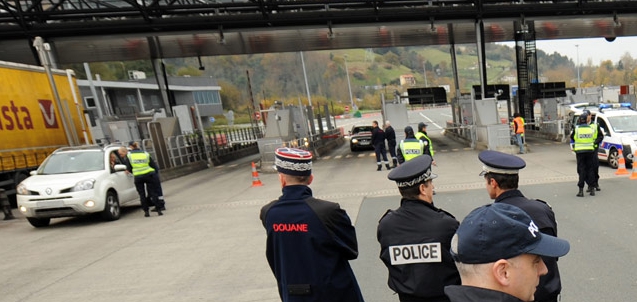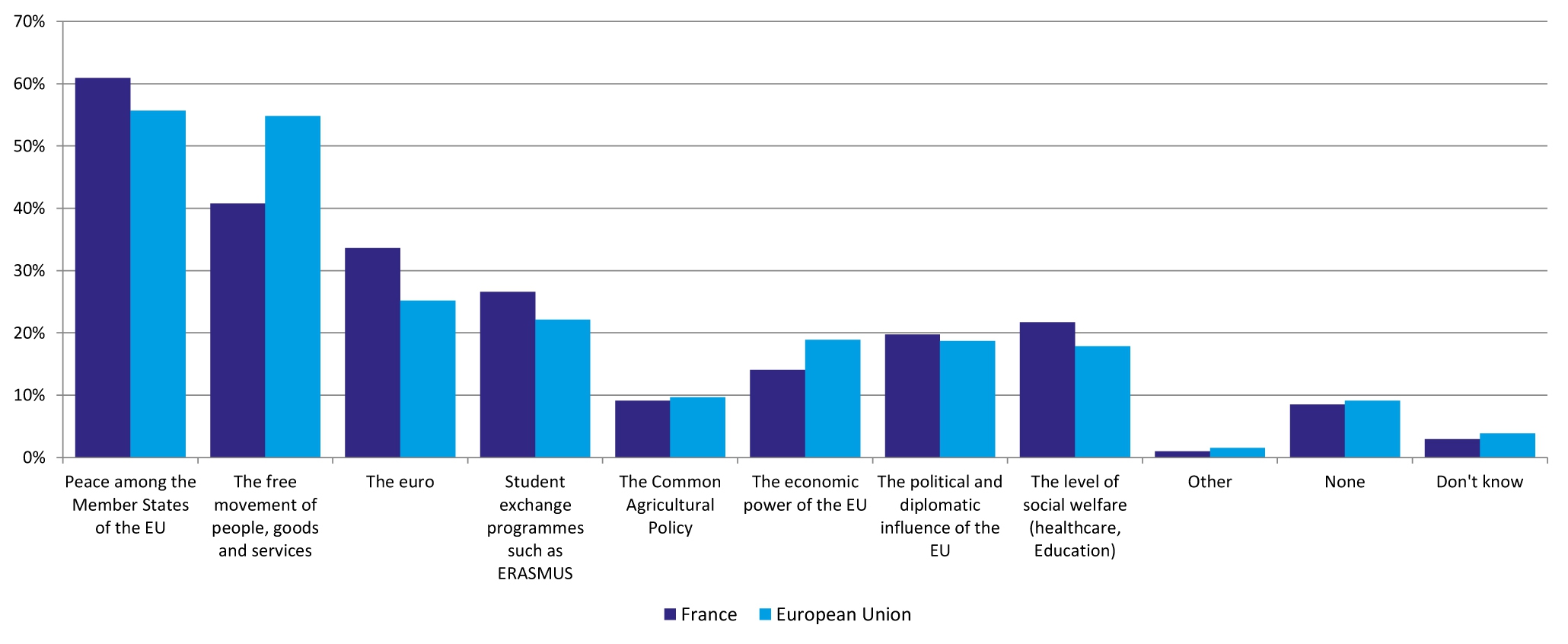
In the near term, there will be a negative impact for short-stay tourists, cross-border workers, tourists from outside Schengen visiting several countries in the Area and freight carriers. Depending on the frequency of the controls, the direct cost for the French economy would be between one and two billion euros, excluding the fiscal cost of implementing the measures. Half of these costs would stem from a reduction in the number of tourists, 38% from the impact on cross-border workers and 12% from the cost to freight transport.
In the longer run, widespread permanent border controls would decrease trade between Schengen countries by a factor 10% to 20%. This is equivalent to a 3% ad valorem tax on trade, leading to a loss for France of half a percentage point of GDP, or more than 10 billion euros. This does not include the impact on foreign investment and labour mobility.
Overall, the Schengen Area’s GDP would be reduced by 0.8 points, equivalent to more than 100 billion euros. An additional impact on labour mobility, foreign investment and financial flows can be anticipated but is difficult to quantify.
Figure – What have been the EU’s most positive results among the following?








